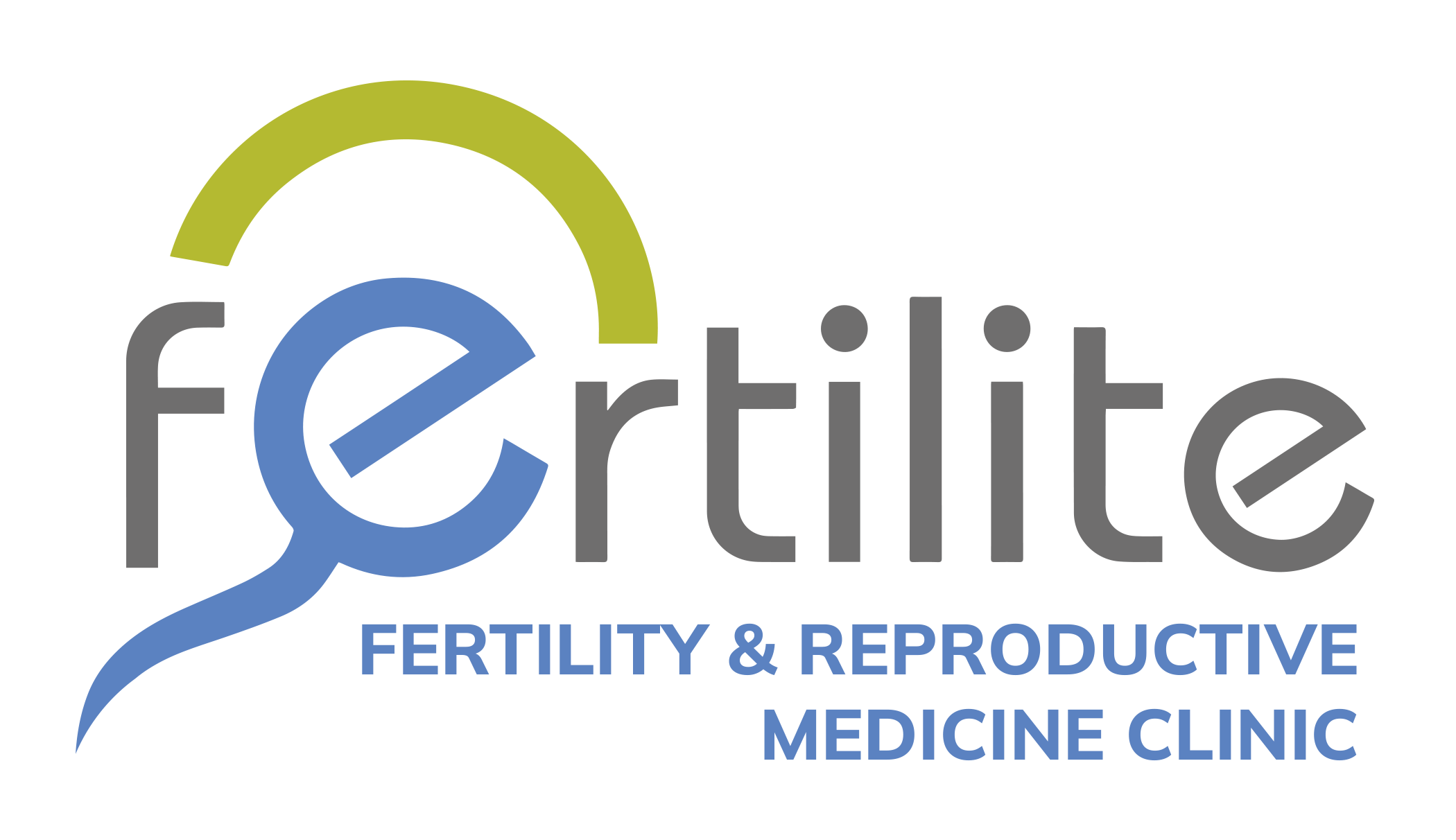In vitro fertilization (IVF) has helped countless individuals and couples achieve their dreams of parenthood, offering hope to those struggling with infertility. With the rising costs of fertility treatments in countries like the United States and Canada, many people are looking abroad for more affordable options. Mexico has become a popular destination for in vitro fertilization (IVF) due to its lower costs, experienced specialists, and modern clinics.
However, safety is often the primary concern for prospective patients. Is IVF in Mexico as safe as in the U.S. or Europe? How do clinics maintain quality standards, and what regulations govern fertility treatments? In this article, we’ll explore the safety of IVF in Mexico, the standards of care, the accreditation of clinics, and what you should know before making your decision. Whether you’re considering Mexico for financial reasons or seeking top-notch fertility care, understanding the risks, benefits, and expectations will help you make an informed choice.
The Growing Popularity of IVF in Mexico
Mexico is becoming an increasingly popular destination for fertility treatments, including IVF. Many choose Mexico not only for the quality of care but also because of the significant cost savings compared to countries like the United States. But is it safe?
Many Mexican fertility clinics adhere to international standards and are staffed by highly trained professionals, often with international experience. For instance, leading fertility centers are accredited by global organizations such as the International Society for In Vitro Fertilization (ISIVF) and the Joint Commission International (JCI), ensuring adherence to high medical standards and ethical practices.
Safety Standards in Mexican IVF Clinics
Many IVF clinics in Mexico adhere to rigorous safety and quality standards, often comparable to those in the U.S. and Europe. Here are key safety aspects to consider:
-
- Accreditation and Certification: Reputable IVF clinics in Mexico are often accredited by international organizations such as the Joint Commission International (JCI) or certified by the Mexican government. These certifications ensure that the clinic meets high standards for patient care, laboratory procedures, and medical staff qualifications.
- Experienced Fertility Specialists: Many IVF specialists in Mexico have international training and experience. It’s crucial to research the credentials of the doctors and embryologists at any clinic you’re considering to ensure you’re in capable hands. For more on the importance of choosing the right fertility specialist, visit the American Society for Reproductive Medicine (ASRM).
- State-of-the-Art Technology: Leading IVF clinics in Mexico are equipped with the latest technology and follow advanced protocols for procedures such as embryo transfer, egg retrieval, and genetic testing, which are essential for ensuring patient safety and improving success rates.
- Strict Hygiene and Safety Protocols: Certified clinics adhere to strict hygiene and safety protocols, thereby reducing the risk of infection and ensuring that procedures are conducted in a safe and controlled environment.
Choosing the Right IVF Clinic: Fertilite Center’s Commitment to Safety
While there are many reputable clinics in Mexico, it is essential to select one that prioritizes your safety and success. Choosing the right fertility clinic can make all the difference in your journey. Fertilite Center stands out for its commitment to providing top-quality care with a personalized approach, ensuring that every patient receives the attention and expertise they deserve.
-
- Global Accreditation: Fertilite Center is accredited by leading international organizations, ensuring that our protocols, facilities, and staff adhere to the highest global standards.
- Highly Trained Specialists: Our fertility specialists and embryologists bring extensive experience and international training to our clinic, ensuring that you receive expert care tailored to your needs.
- Advanced Technology: We use the latest fertility technologies and techniques, from genetic testing to state-of-the-art embryo transfer methods. We give you the best chance of success.
- Personalized Care: We understand that every fertility journey is unique. At Fertilite Center, we take the time to understand your individual needs and create a treatment plan that’s right for you.
- Affordable, High-Quality Care: One of the key benefits of choosing IVF in Mexico is the cost savings. Prices for IVF treatments in Mexico are significantly lower than in the United States, without compromising on quality. At Fertilite Center, you can expect high-quality care at a more affordable price.
Your journey to parenthood starts with the right fertility clinic. At Fertilite Center, we combine world-class expertise, cutting-edge technology, and compassionate care to give you the best chance of success at an affordable cost.
Success Rates and Patient Outcomes
IVF success rates in Mexico can be comparable to those in the United States and other countries with advanced fertility treatments. The success of IVF largely depends on factors such as patient age, fertility history, embryo quality, and the medical team’s expertise.
Fertilite Center is proud of our high success rates, which reflect our commitment to excellence in patient care. Our personalized treatment plans and use of advanced technologies contribute to successful outcomes for our patients.
At Fertilite Center, we are proud of our high success rates, which reflect our commitment to excellence in patient care. By combining cutting-edge reproductive technology with a personalized treatment approach, we optimize each patient’s chances of conception.
What Are the National Average Success Rates?
- Women under 35: 50–70% success per cycle
- Women aged 35–40: 40–55% success per cycle
- Women over 40: 15–35% success per cycle (varies with egg quality and whether donor eggs are used)
- Use of preimplantation genetic testing (PGT): Can increase success rates by 10–20% by selecting chromosomally normal embryos
Factors That Influence IVF Success
- Age and Egg Quality: Women under 35 generally have higher success rates due to better egg quality.
- Preimplantation Genetic Testing (PGT): Clinics that offer PGT-A (for aneuploidy screening) and PGT-M (for monogenic disorders) often see improved success rates by transferring only the healthiest embryos.
- Laboratory and Embryo Culture Conditions: Advanced embryo incubation and extended blastocyst culture significantly enhance success rates.
- Sperm Quality and Selection Methods: Techniques such as Intracytoplasmic Sperm Injection (ICSI) and Magnetic-Activated Cell Sorting (MACS) improve fertilization rates.
- Endometrial Preparation: Endometrial receptivity analysis (ERA) and personalized embryo transfer timing further optimize implantation chances.
Comparing Success Rates: Mexico vs. Other Countries (2025 Data)
- Mexico: 50–70% success (varies by clinic and patient profile)
- United States: 55–75% Success
- Spain: 50–65% Success
- Canada: 55–70% Success
- United Kingdom: 45–65% Success
When researching clinics, it’s important to ask for their success rates and compare them to international averages. Clinics that offer personalized treatment plans and advanced technologies like preimplantation genetic testing (PGT) often have higher success rates. You can find out more about success rates and what to expect during IVF treatment worldwide.
Legal Considerations for IVF in Mexico: Egg Donation, Embryo Freezing, and Regulatory Framework
Mexico has emerged as a prominent destination for assisted reproductive technologies (ART), including in vitro fertilization (IVF), egg donation, and embryo freezing. However, the legal landscape governing these practices is complex and varies across the country’s states due to the absence of comprehensive federal legislation.
Egg Donation
Egg donation is legally permitted in Mexico and is regulated under the General Health Law and the National Center of Transplants. Donors undergo rigorous medical and psychological screenings to ensure their suitability. While the sale of eggs is prohibited, donors may receive compensation to cover expenses related to the donation process, ensuring that donations remain altruistic in nature.
IVF in Mexico
Anonymity is generally preserved, with donors remaining anonymous to recipients and vice versa. However, some clinics may offer known donation options, depending on the preferences of the parties involved.
Embryo Freezing
Embryo cryopreservation is a common practice in Mexican fertility clinics, allowing embryos to be stored for future use. There is no federal time limit for how long embryos can be stored; however, clinics typically follow international guidelines, recommending periodic reviews of storage agreements. The disposal of unused embryos requires the consent of the intended parents, and clinics must adhere to ethical protocols to ensure respectful handling.
Assisted Reproductive Technology (ART) Practices
The application of ARTs in Mexico, such as IVF, intracytoplasmic sperm injection (ICSI), gamete cryopreservation, embryo transfer, and mitochondrial replacement therapy, is allowed without specific restrictions. However, the lack of explicit federal regulations means that these practices operate under general medical laws and ethical guidelines set forth by national health agencies. This regulatory gap has led to instances where procedures not permitted elsewhere have been performed in Mexico, highlighting the need for more comprehensive legislation.
Regulatory Oversight
In the absence of specific federal laws on assisted reproduction, regulatory oversight falls to federal bodies such as the National Transplant Centre (CENATRA) and the Federal Commission for Protection Against Health Risks (COFEPRIS). CENATRA is responsible for administering organ donation and cell transplants, including gamete donations, while COFEPRIS issues licenses for healthcare establishments handling surgical procedures and the management of organs, tissues, and cells. However, these bodies do not have assisted reproduction-specific laws, leading to a collateral form of regulation.
Conclusion: Is IVF in Mexico Safe?
Yes, IVF in Mexico can be safe, provided you choose a reputable clinic that adheres to high standards of care. Fertilite Center is dedicated to ensuring your safety, comfort, and success throughout your IVF journey. By choosing a clinic like ours, which is committed to excellence and patient care, you can confidently pursue your dream of parenthood.
In addition to high-quality care, Mexico offers a significant cost advantage over the United States, making it an attractive option for those seeking affordable fertility treatments. Contact us today to learn more about how Fertilite Center can support you on your fertility journey.
For more information on the history and advancements in IVF, check out our article about the historical view of In Vitro Fertilization. If you’re new to IVF, you might also want to read our Step-by-Step IVF Guide.
Frequently Asked Questions
- Is IVF in Mexico safe for international patients? Yes, many IVF clinics in Mexico follow international medical standards, and several are accredited or staffed by U.S.-trained specialists. It’s important to research the clinic’s credentials, technology, and patient reviews
- Is IVF in Mexico safe? Yes, IVF in Mexico can be safe—as long as you choose a reputable clinic that follows high standards of care. At Fertilite Center, patient safety, comfort, and success are our top priorities. Our commitment to medical excellence and personalized care ensures that you can confidently move forward on your journey to parenthood, knowing you’re in capable hands.
- How do IVF success rates in Mexico compare to those in the U.S. or Canada? Success rates can be comparable to those in the U.S., depending on the clinic, technology used, and patient-specific factors like age and health history. Reputable clinics will provide transparent success rate statistics.
- What qualifications should I look for in an IVF clinic in Mexico? Look for clinics that have board-certified reproductive endocrinologists, international accreditations (like ISO or JCI), modern lab facilities, and a track record of positive patient outcomes.
- Are the medications used for IVF in Mexico the same as in the U.S.? Yes, most IVF clinics in Mexico use FDA-approved or internationally recognized fertility medications. You should confirm with your clinic and request a list of medications beforehand.
- How much does IVF cost in Mexico compared to the U.S.? IVF in Mexico is typically 40–60% more affordable than in the U.S., often without compromising quality. Costs vary by clinic, procedures needed, and whether medications are included.
- Is it legal and ethical to undergo IVF in Mexico as a foreigner? Yes, IVF is legal in Mexico, and many clinics welcome international patients. However, regulations around egg/sperm donation and surrogacy can vary by state, so it’s essential to consult the clinic.
- How long will I need to stay in Mexico for IVF treatment? The full IVF cycle typically requires multiple visits. You can stay 2–3 weeks for the full duration of the procedure or travel back home during waiting times. Some clinics offer coordinated care, allowing partial treatment in your home country and final procedures in Mexico.
Updated: 01 August 2025




